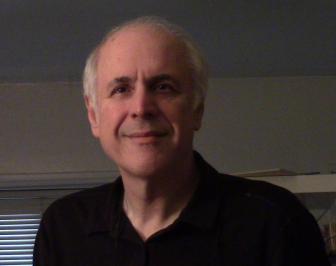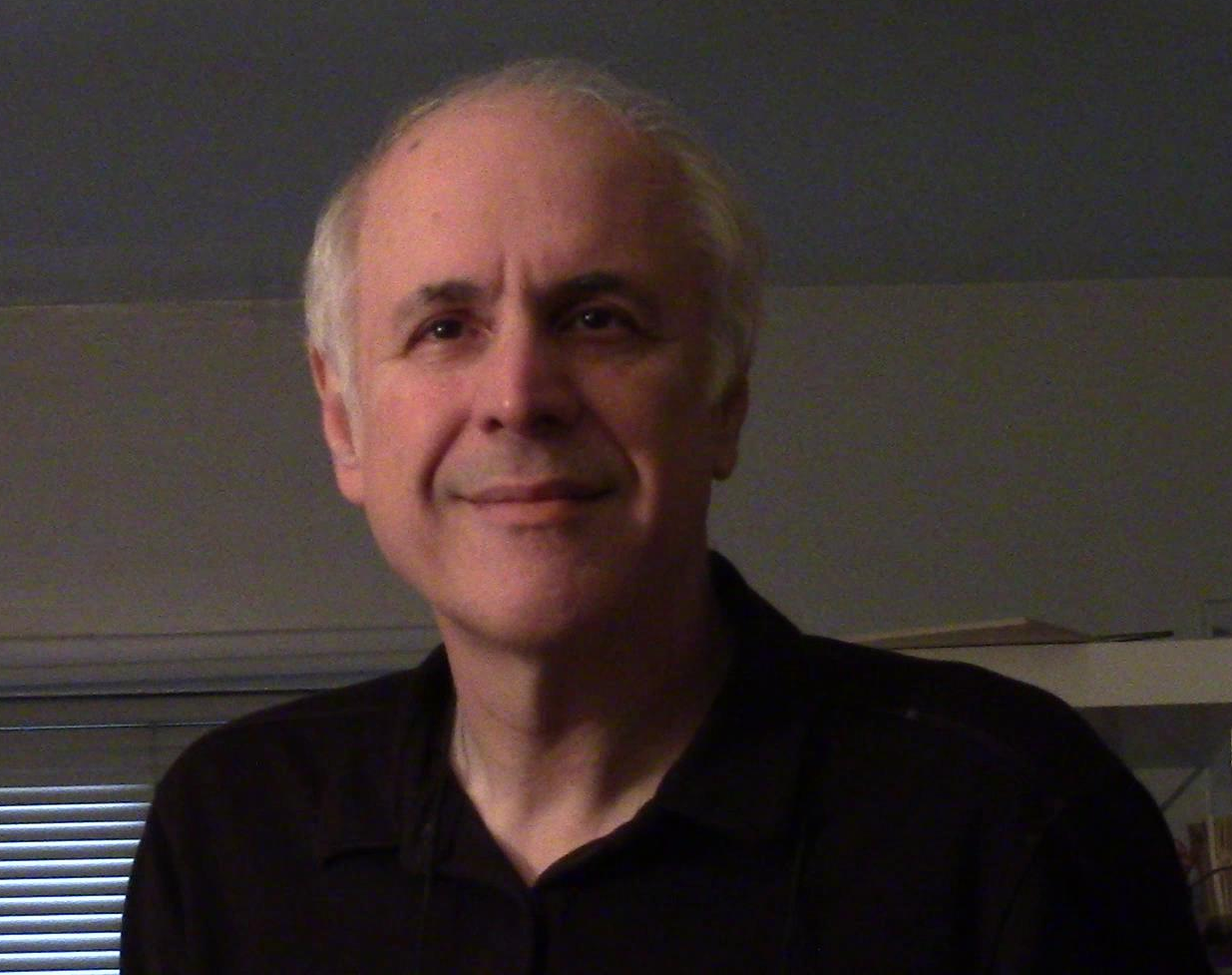 Molly McGrath Tierney is not some bomb-throwing outsider who wouldn’t say terrible things about the child welfare system if she understood what things were really like.
Molly McGrath Tierney is not some bomb-throwing outsider who wouldn’t say terrible things about the child welfare system if she understood what things were really like.
Molly McGrath Tierney is a bomb-throwing insider who knows exactly what things are really like. She knows all the excuses, she knows all the ways the system has tried and failed and, most important, she knows the psyches of the people who maintain and defend all that failure.
[module type=”aside” align=”right”]Rethinking foster care: Molly McGrath Tierney at TEDxBaltimore 2014
[/module]
The jig is up, child savers. Molly McGrath Tierney is on to you. Two years ago, she told the world all about it. She did it in this 11-minute Tedx Talk in 2014. So I suggest that everybody stop reading this column, click on the video, and then we’ll come back and talk (there’s a comments section at the bottom of the page).
Impressive, isn’t it?
Not just her understanding of how harmful foster care is; when she says:
“Kids that grow up in foster care: Overwhelmingly destined for the penitentiary, the morgue or the child welfare system when their own kids come into foster care.”
We all know that — everyone pays lip service to it.
And it’s not just her understanding of the perverse financial incentives, and the way the system becomes a “self-protecting ecosystem” that needs a steady supply of other people’s children to sustain itself. (And I thought I was the only one who used the term “foster care-industrial complex.”)
It’s not even how she sums it all up:
“The reason that child welfare isn’t working is because there are children in foster care. It’s not that the government is doing it badly, it’s that foster care is a bad idea. The error is the intervention.”
No, what impressed me most was her understanding of the psyches of “child savers” – to use the term their 19th- century counterparts grandly gave themselves. Says Tierney:
“[I]t feels good to save kids. We get a great injection of adrenaline when we rush in and our brain responds to that stimuli just like we do anything else that feels good — we want more of it. And when we figure out how to keep returning to that good feeling, we start thinking that, in and of itself, is success. We start mistaking something that feels good to us for something that’s actually helping other people — ‘cause it feels so good, we must be doing the right thing.”
[Related: Will ESSA Raise College Access, Track Graduation Rates for Foster Youth?]
It’s child saving as addiction — with righteous indignation as the “high.” And the system is putting its addiction ahead of the children.
This also explains why the “help” offered to families often is that which makes the helpers feel good, rather than what parents actually need. It explains why, instead of help with housing, or getting a better job, or child care, parents are so often sent on a forced march through “counseling” and “parent education.”
And it explains why the likely response to this video among child savers will be to attempt to co-opt it.
I can hear them now: “You don’t understand. We agree with Tierney. She says we need more prevention. We’re all for prevention. We love prevention!”
But child savers are not in favor of prevention — not really. Oh, they pay lip service to it — can you imagine anyone saying “If there’s one thing I hate, it’s prevention”? But ask them if they’re willing to actually change the way child welfare is funded by the federal government and they show their true colors: You’re welcome to add a little money for prevention here and there, they’ll say, but don’t you dare touch our open-ended entitlement to billions of dollars in foster care funds.
Tierney knows it. As she says on the video, even though the child savers actually mean well, there’s a word for what they do, and it isn’t “prevention.” Says Tierney:
“The socially supported, systematic mistreatment of a group. That has a technical term: oppression.
“Oppression is a word that’s usually reserved for use by good people to describe bad people doing bad things. Only it turns out — oppression is a tricky devil. It gets us good people unwittingly to pick up its weapons and to use them in the name of helping when we have the best of intentions in our hearts.
“[But] there is, I think, reason to hope. If we concede that soothing our egos isn’t the same as helping, and that commodifying people is never what we meant to do, and that listening to people who are struggling might have some value — then we can use this moment to move forward in a different way.”
Who wants to start?
Richard Wexler is executive director of the National Coalition for Child Protection Reform.
More related articles:
New York Tries New Ways to Increase Stability for Kids in Foster Care
When the Caretaker Has Nowhere to Turn
Foster Caretaker Must Be Ready to Be Thoroughly Supportive of LGBT Youth






























